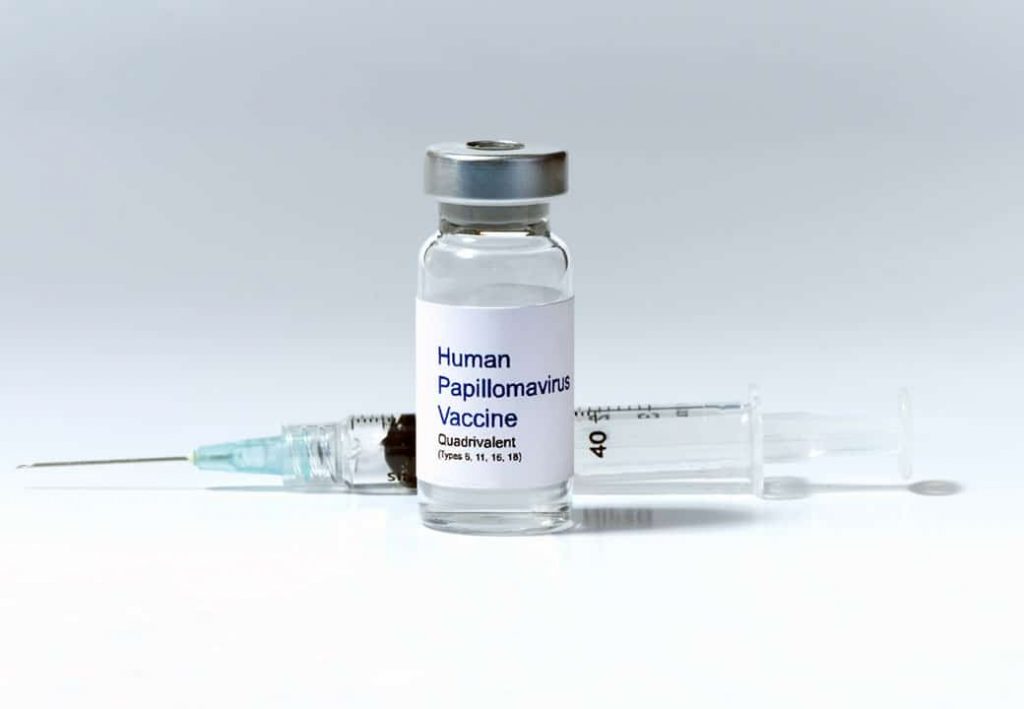Genital HPV is a common virus that is passed from one person to another through direct skin-to-skin contact during sexual activity. Most sexually active people will get HPV at some time in their lives, though most will never even know it. HPV infection is most common in people in their late teens and early 20s. There are about 40 types of HPV that can infect the genital areas of men and women. Most HPV types cause no symptoms and go away on their own. But some types can cause cervical cancer in women and other less common cancers — like cancers of the anus, penis, vagina, and vulva and oropharynx. Other types of HPV can cause warts in the genital areas of men and women, called genital warts. Genital warts are not life-threatening. But they can cause emotional stress and their treatment can be very uncomfortable.
Which girls/women should receive HPV vaccination?
HPV vaccination is recommended for 11 and 12 year-old girls. It is also recommended for girls and women age 13 through 26 years of age who have not yet been vaccinated or completed the vaccine series; HPV vaccine can also be given to girls beginning at age 9 years.
Will sexually active females benefit from the vaccine?
Ideally females should get the vaccine before they become sexually active and exposed to HPV. Females who are sexually active may also benefit from the vaccine. It will benefit them less because they may have already been exposed to one or more of the HPV types targeted by the vaccines. However, few sexually active young women are infected with all HPV types prevented by the vaccines, therefore most young women could still get protection by getting vaccinated.
How effective are the HPV Vaccines?
All HPV vaccines target the HPV types that most commonly cause cervical cancer and can cause some cancers of the vulva, vagina, anus, and oropharynx. Two of the vaccines also protect against the HPV types that cause most genital warts. HPV vaccines are highly effective in preventing the targeted HPV types, as well as the most common health problems caused by them. The vaccines are less effective in preventing HPV-related disease in young women who have already been exposed to one or more HPV types. That is because the vaccines prevent HPV before a person is exposed to it. HPV vaccines do not treat existing HPV infections or HPV-associated diseases.
How long does vaccine protection last?
Research suggests that vaccine protection is long-lasting. Current studies have followed vaccinated individuals for ten years, and show that there is no evidence of weakened protection over time.
People who should not have the HPV vaccine are:
- Allergic to yeast and with previous anaphylaxis (serious allergy) or any of the vaccine ingredients.
- Pregnant women: however research has shown no significant effect on you or your baby if you have the vaccine and later find out you are pregnant.
- Bleeding disorder or on blood-thinning medications: speak to your doctor before getting vaccinated.
If you or your loved ones would like to get vaccinated against HPV, call our friendly medical concierge at +65 6679 7867 or email us at customercare@tmcg.com.sg and we will be on hand to assist you.
